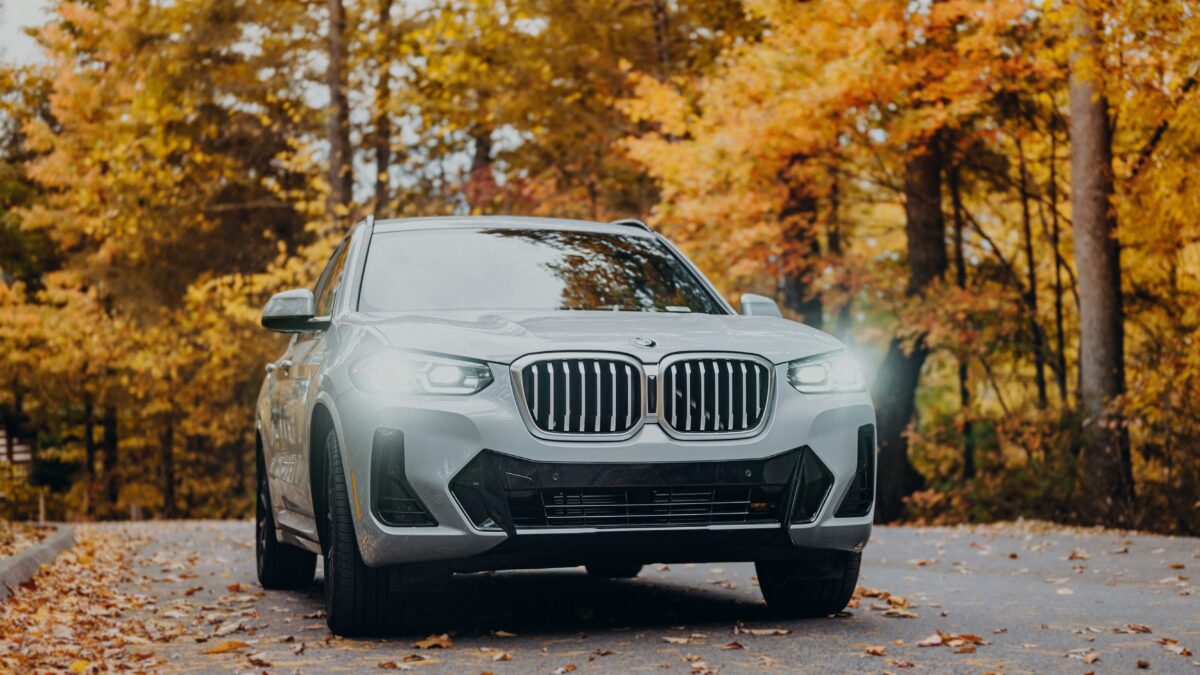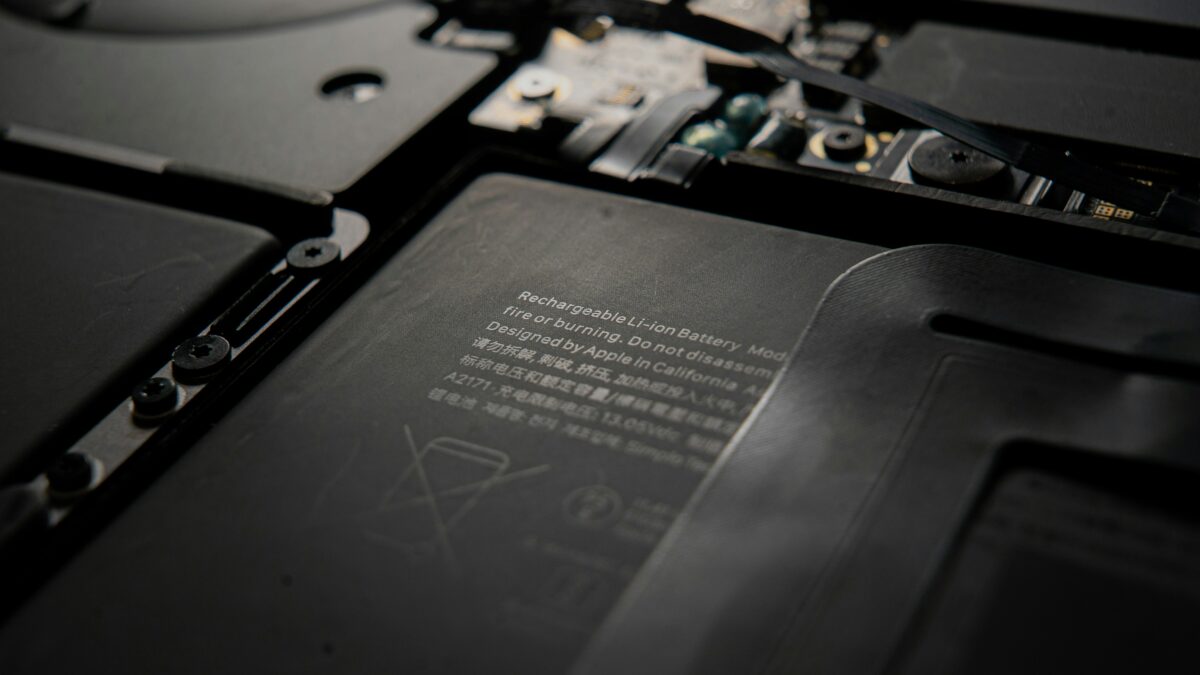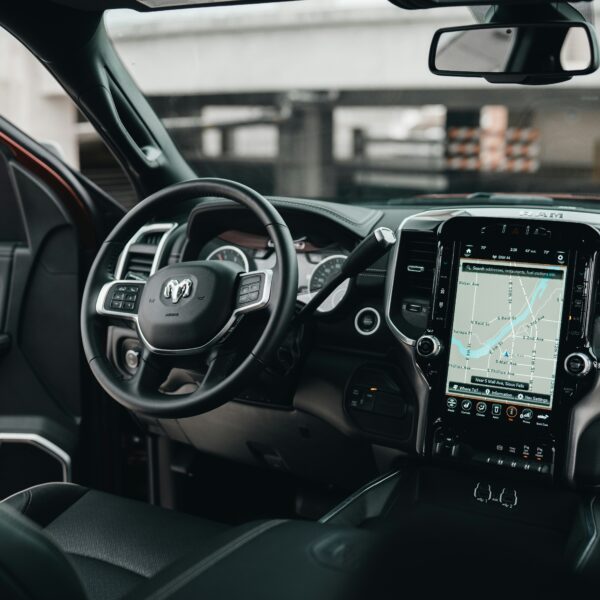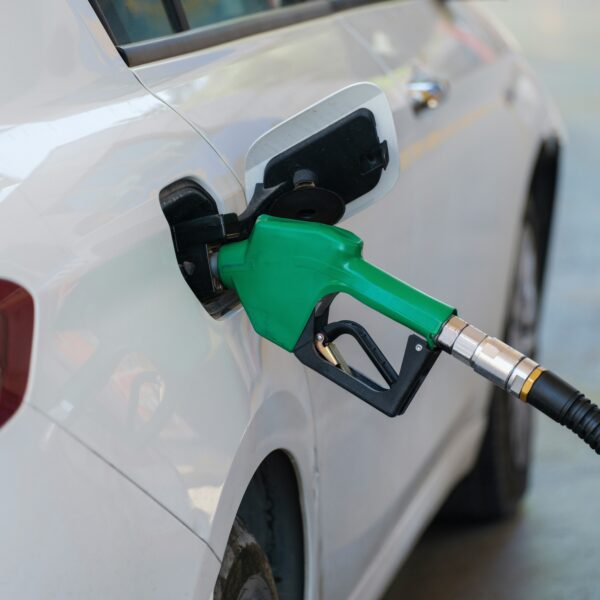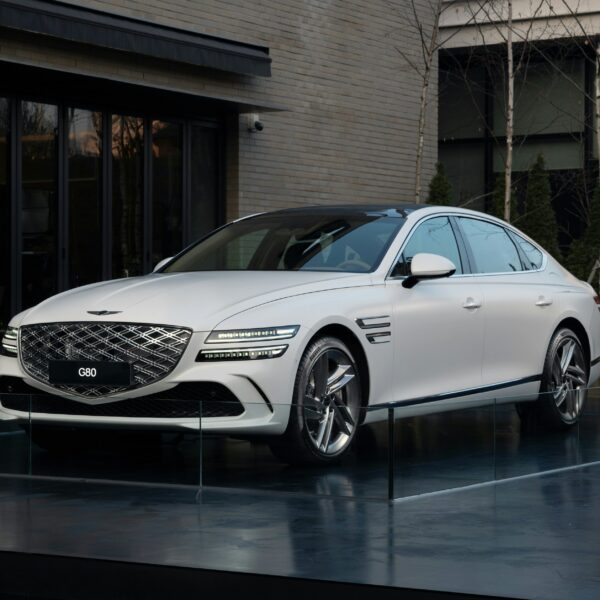Mileage or Age? Which One Is More Important When Car Shopping?
While shopping for a new vehicle, it’s often common for buyers to put together a checklist of must-have items or wishlist features to include in their next purchase. Apple CarPlay? Why not! 360-degree back up camera? Count me in. But when it comes to used car shopping, a lot of prospective shoppers often get stumped over the same predicament: Do I choose a vehicle based on mileage or age? Knowing the answer to this question will streamline the process of buying a used vehicle. In addition, you’ll gain a better understanding of how mileage and age impact a car’s overall health.
Mileage or age? Here’s what you should know
Mileage and age are two things you hear about often when shopping for a used vehicle. Yet, how important are they really? Below we’ll dispel any misconceptions on these common factors and shed a greater light on the importance of being thorough during the used car buying process.

Why is mileage important?
Mileage is a clear indicator of wear and tear on a vehicle. However, it doesn’t mean a car is not worth buying. In most cases, the more mileage that is on a used vehicle, the more likely it was enjoyed. This also shows that it was a reliable source of transportation for its former owner. And though mileage does impact a car’s condition, like all things do, high mileage isn’t the kiss of death. There could be a used car with low mileage and a long list of previous maintenance and repairs versus a used car with high mileage and minimal history report. All said and done, whether a vehicle is worth buying or not comes down to several factors. Not just the amount of miles logged on the odometer.
How age factors in
Buying a used vehicle definitely has its cost advantages. Now that the new car market is out-of-wack, a number of drivers are turning to the used car market to avoid paying over MSRP. This means, age is on the minds of many shoppers these days. And though everyone wants a good deal, the age of a vehicle could limit the reliability and durability of a vehicle. Of course, this usually depends on the make and model, so keep that in mind.
Here are a few ways age can impact the health of a car:
- Longer exposure to elements (natural wear-and-tear)
- Chemical wear and corrosion
- Build-up of dust and mold debris
- Lack of advanced safety features
- Value for the money (depreciation)
- Poor fuel economy
With particular attention to safety, the concern over age does play a bigger factor than the number of miles on a vehicle. Older vehicles simply do not have the same safety standards that we see today. Even basic functions like cruise control technology could be missing. Therefore, age will play an important role in your car buying decision when modern safety is at the top of your checklist.
What is the best age to buy a used car?
Used car buying can be tricky. You are relying on the fact that vehicle history is up-to-date and the car in question doesn’t have any underlying problems. As a good rule of thumb, it’s best to buy a vehicle that is between one and five years of age. Although in most car buying scenarios, the younger the better. Cars typically lose warranty after four or five years, which means you’ll be responsible for any costs or repairs for the remaining lifespan of ownership.
On top of that, you have depreciation to consider. It’s no secret that cars are one of the fastest depreciating items to own. Which means, you could be losing money fast. The longer a vehicle depreciates, the less it’s worth and the greater liability it is as an investment. If you’re looking to curb the reality of this scenario, then limit your age range to 5 years or less.
Mileage or age? And the winner is…
Neither! The fact of the matter is mileage is no more important than age, it just depends on a car’s history and your personal preference. Most times you can see how well a vehicle has been maintained by taking a trip back in time. Not only that, no driver should base a car buying decision solely on the amount of miles logged on an odometer. You must also factor in repair and maintenance reports, accident history, and other notable mentions on a Carfax report.
Point is, mileage and age are important benchmarks for judging a vehicle’s condition. But that’s not all. Check to see how often the vehicle was used and what type of terrains or climates it ran in. Take a closer look at its repair history. All these factors (and more) contribute to a vehicle’s overall health. As the buyer, you want to know that you’re making a good investment. Certainly one that won’t land you at the auto body shop months down the road.
To conclude, when purchasing a used car, make sure your criteria includes all the suggestions listed above. Should you consider mileage or age? Absolutely! But don’t forget the other crucial components to determining the value of a vehicle. The only time age tends to be more prevalent than mileage is when safety is your top priority.
To keep reading more about used car shopping, check out the following Headlights.com articles:







